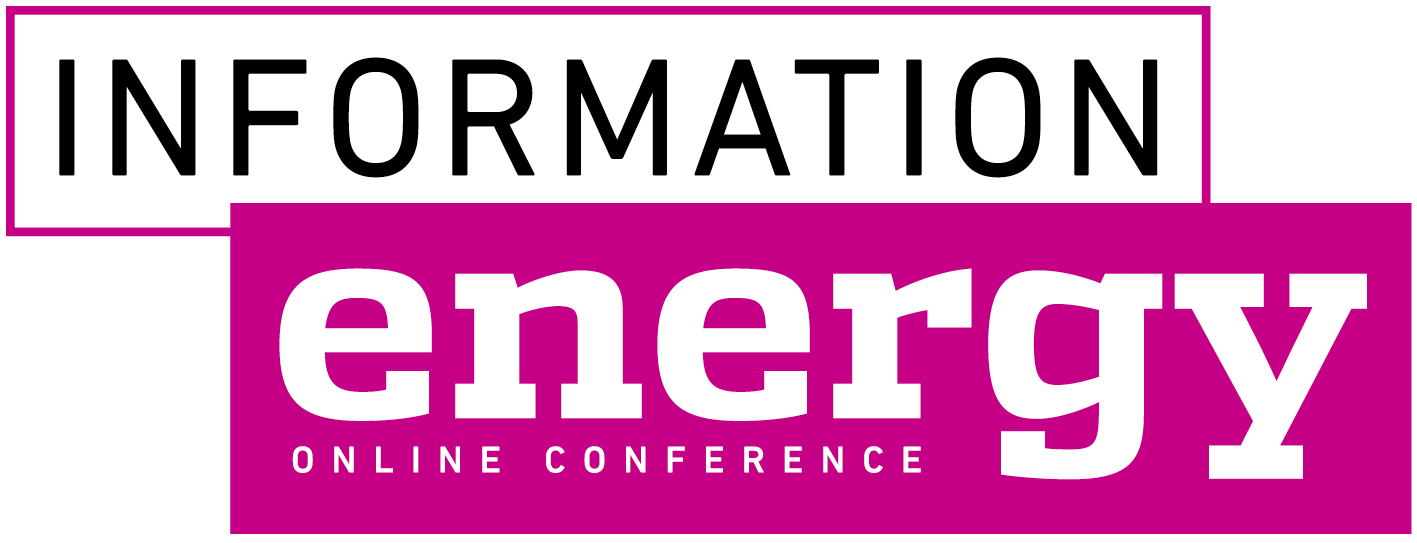Contents
Despite critical scholarship addressing the complexity of accessibility, its components, types (physical, digital, cognitive etc.) and stakeholders, all too often the word ‘accessibility’ conjures mental images of people with notable ‘disabilities’. That is, the term, as with the vast field it represents, is overlooked, marginalised and generalised due to its relevance seemingly only for a specific minority. The fact is, accessibility is not only important on a societal level, but also from the perspective of all of us, who will at some time need content, format, infrastructure and other modifications in order to engage in societal and specific contexts.
Here, we will present the early workings of a study examining the understandings and expertise of technical communication professionals regarding ‘accessibility’ and what it means in terms of their work. The study is implemented as a questionnaire. The presentation will focus on outlining the questionnaire design, and showing preliminary research.
Takeaways
- Accessibility is a means of connecting people. To cater for diverse stakeholders we need to go beyond narrow definitions
- Accessibility is for all whether connecting people or enabling
- TD professionals need the how and also the why
Prior knowledge
The presentation is aimed at anyone in the TD field who is interested in accessibility and why it is important.


